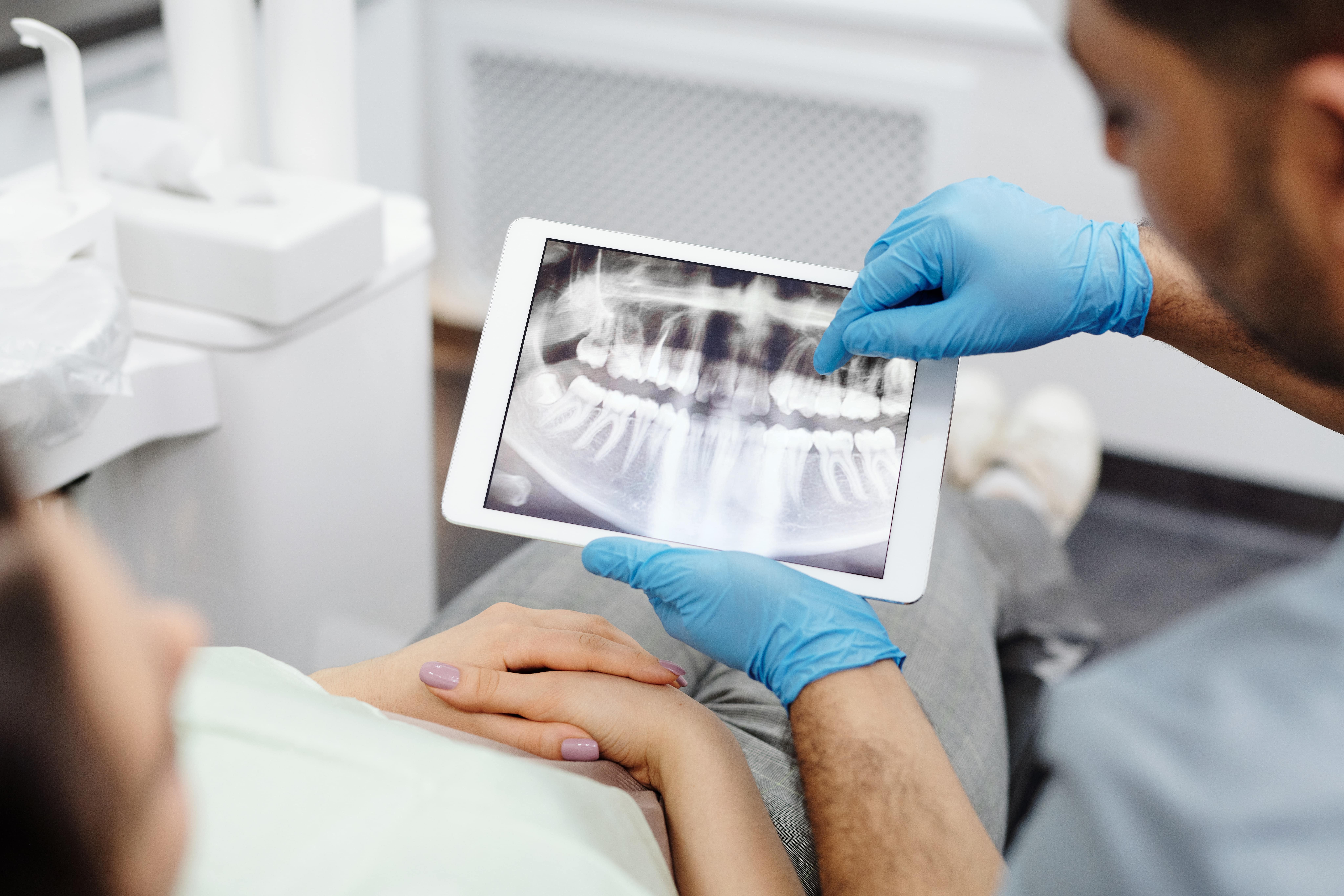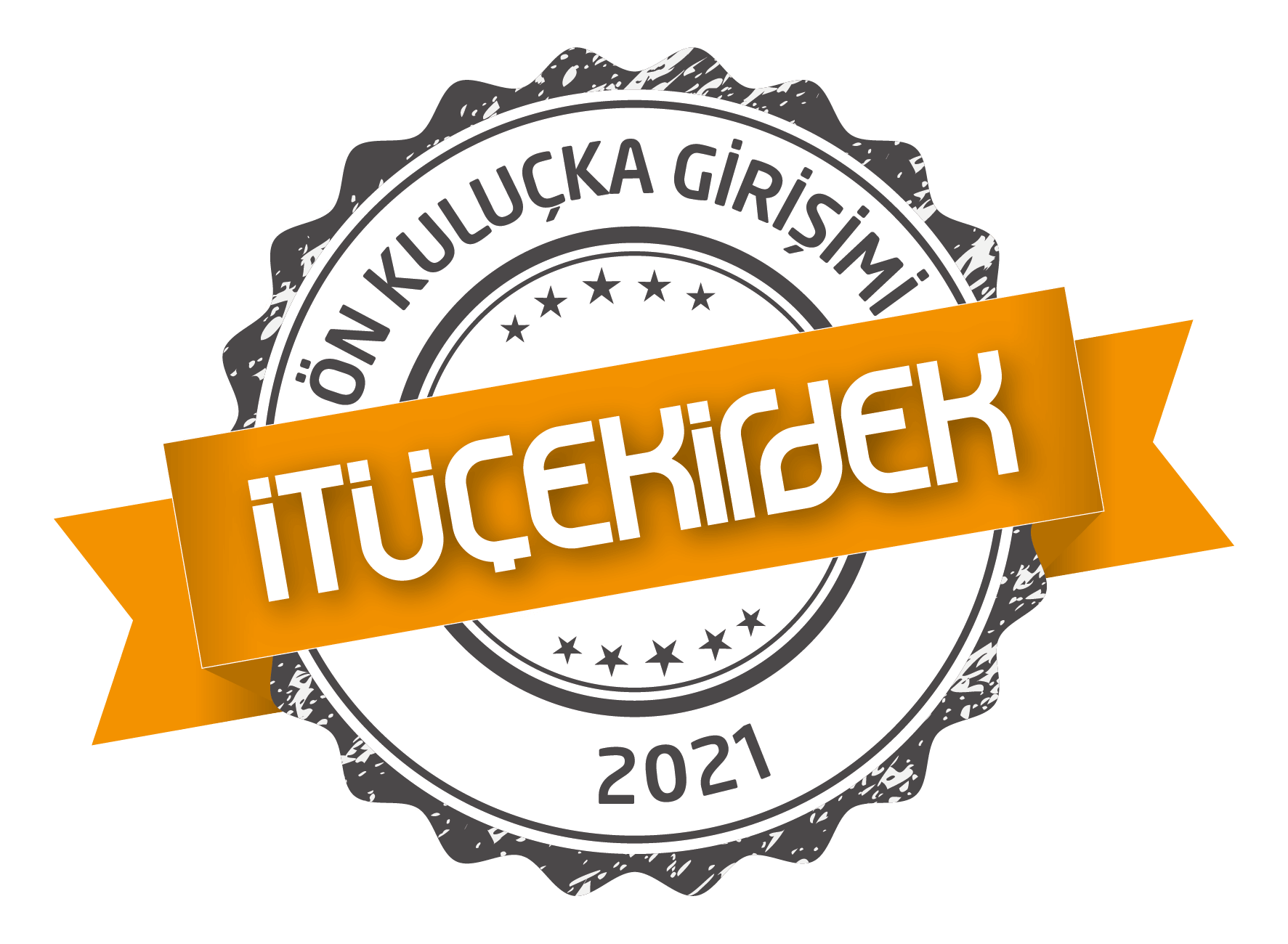5 Ways AI is Improving Dental Care
In today's rapidly advancing technological landscape, artificial intelligence (AI) has become a game-changer in various industries, and dentistry is no exception. With the integration of AI into dental care, innovative solutions are revolutionizing the way oral health is managed and treated. From diagnostic tools to personalized treatment plans, AI is enhancing every aspect of dental care. In this article, we'll delve into the five remarkable ways AI is improving dental care.
Table of Contents
- AI in Dentistry: A Paradigm Shift
- AI-Generated Teeth Models for Precise Diagnostics
- Orthodontics and AI: Perfecting Smiles
- Data Analytics: Shaping the Future of Dentistry
- Enhanced Treatment Planning through AI
- How Can AI Improve Dentistry?
- How Is AI Being Used in Dentistry?
- How Will AI Impact Dentistry?
Introduction
The fusion of artificial intelligence and dentistry may sound like a futuristic concept, but it's already a reality shaping the present. AI's ability to process vast amounts of data quickly and accurately is a boon to dental professionals, allowing them to make informed decisions and provide patients with the best possible care.
AI in Dentistry: A Paradigm Shift
The incorporation of AI into dentistry represents a paradigm shift in how oral health is approached. Traditional methods often relied heavily on manual examination and analysis. However, AI brings a new level of precision and efficiency to the table. By leveraging machine learning algorithms, dentists can now analyze images, X-rays, and patient records to identify potential issues at an earlier stage, leading to more effective preventive measures.
AI-Generated Teeth Models for Precise Diagnostics
One of the groundbreaking applications of AI in dental care is the creation of AI-generated teeth models. These digital models are meticulously labeled and provide dental professionals with a comprehensive view of a patient's oral structure. This technology enables dentists to detect minute irregularities that might have been overlooked before. Moreover, these models facilitate clearer communication between dentists and patients, enhancing patient education and treatment understanding.
Orthodontics and AI: Perfecting Smiles
Orthodontic treatments have been significantly improved with the integration of AI. Traditional orthodontics involves manual adjustments over time to achieve desired teeth alignment. With AI, orthodontists can now create personalized treatment plans based on the patient's unique dental structure and needs. AI algorithms predict tooth movement, optimizing treatment timelines and improving overall results. This not only reduces the treatment duration but also enhances patient comfort and satisfaction.
Data Analytics: Shaping the Future of Dentistry
The power of AI lies in its ability to analyze vast datasets and extract meaningful insights. In dentistry, this translates to improved diagnosis and treatment strategies. By analyzing historical patient data, AI can identify patterns and correlations that might not be apparent to human practitioners. This data-driven approach enables dentists to make more accurate predictions about potential oral health issues and recommend proactive interventions.
Enhanced Treatment Planning through AI
Crafting a comprehensive treatment plan requires a deep understanding of the patient's oral health history and specific needs. AI streamlines this process by assimilating data from various sources and generating tailored treatment recommendations. This not only saves time but also ensures that the treatment plan is well-informed and optimized for the best possible outcome.

How Can AI Improve Dentistry?
Artificial intelligence is poised to enhance dentistry in numerous ways. Firstly, AI's ability to process and analyze large amounts of data enables quicker and more accurate diagnostics. This can lead to early detection of oral health issues, allowing for timely intervention. Additionally, AI-powered tools can assist dentists in treatment planning, ensuring that every step is optimized for the patient's unique needs.
Benefits of AI in Dentistry
The benefits of AI in dentistry are multifaceted. Patients can expect more precise diagnoses, leading to better treatment outcomes. Dentists can utilize AI to streamline administrative tasks, giving them more time to focus on patient care. Moreover, AI-generated teeth models and treatment simulations enable clearer communication between dental professionals and patients, fostering a deeper understanding of treatment processes.
How Is AI Being Used in Dentistry?
AI is being used across various facets of dentistry. From image analysis for early cavity detection to predicting orthodontic treatment outcomes, AI algorithms are becoming indispensable tools for dental professionals. AI-generated teeth models aid in treatment planning, ensuring that procedures are personalized and tailored to the patient's specific needs. Data analytics also play a significant role, identifying trends that can guide preventive measures.
How Will AI Impact Dentistry?
The impact of AI on dentistry is transformative. As AI algorithms become more sophisticated, dentists can expect even more accurate diagnostics, leading to early disease detection and prevention. Treatment planning will become increasingly personalized, optimizing results and patient satisfaction. The integration of AI also holds the promise of reducing the administrative burden on dental practices, making healthcare delivery more efficient.
Conclusion
The amalgamation of AI and dental care is ushering in a new era of precision, efficiency, and patient-centricity. From AI-generated teeth models to data-driven treatment planning, the possibilities are limitless. As AI continues to evolve, so will its applications in dentistry, promising a future where oral health is enhanced through cutting-edge technology.
FAQs
1. Is AI completely replacing dentists?
No, AI is not meant to replace dentists. Instead, it complements their expertise by providing advanced diagnostic tools and treatment planning assistance.
2. Are AI-generated teeth models accurate?
Yes, AI-generated teeth models are highly accurate and offer a detailed view of a patient's oral structure, aiding in precise diagnostics.
3. Can AI predict orthodontic treatment outcomes?
AI can predict orthodontic treatment outcomes with impressive accuracy, helping orthodontists plan personalized treatment approaches.
4. How does data analytics benefit dentists?
Data analytics allows dentists to analyze large amounts of patient data, identifying patterns and making more informed treatment decisions.
5. What does the future hold for AI in dentistry?
The future of AI in dentistry looks promising, with continuous advancements in technology leading to even more sophisticated diagnostic and treatment solutions.
Also check out this article ⇒ https://www.craniocatch.com/tr/blogs/ai-dental-advantage








